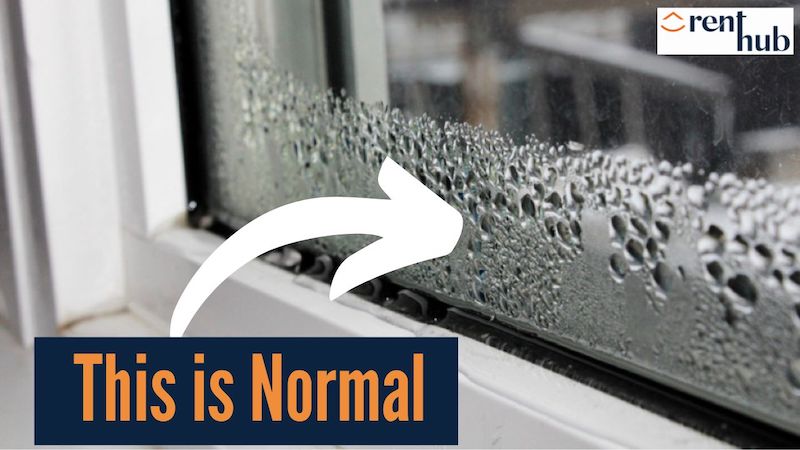Back in April 2016 there was a court case Holler & Rouse vs Osaki which came about when the landlord took their tenant (Osaki) to court to claim for damages to the property as a result of the tenant leaving a pot of oil on the stove unattended which in turn started a fire.
The owners claimed on their insurance policy which was with AMI. AMI pursued the tenants as they were the party that caused the damage. The tenants in turn defended the claim on the basis that Sections 268 and 269 of the Property Law Act 2007 allowed them to rely on and be protected by the owners insurance policy which meant an owner could not require a tenant to indemnify the owner for costs of repair or to pay damages when an owner has an insurance policy that would cover the damage.
AMI’s understanding was that the Property Law Act applied to commercial tenancies not residential and would therefore not protect the tenants. AMI based their case on the Residential Tenancies Act 1977 (RTA) which states that tenants agree they will not intentionally or carelessly damage or permit anyone else to damage the property. As the tenant allegedly was careless AMI were claiming against the tenants for the full damage to the property.
This case was heard in the Tenancy Tribunal, the High Court and appealed again by AMI at the Court of Appeal.
The Court of Appeal looked at both the Property Law Act and the Residential Tenancys Act and came to the conclusion that the Property Law Act applied to both commercial and residential tenancies. This meant that the Osakis were protected from the claim being made against them from AMI.
This decision effectively meant that if an owner was insured the tenant would be able to rely on the owners insurance to cover accidental /careless damage to a property without the tenant being liable.
This outcome caused an uproar but unfortunately set a precedent which meant tenants weren’t held responsible for accidental or careless damage.
Since this decision was made the ‘Osaki’ case has been used in many, many tribunal cases to distinguish between accidental and intentional damage. What it meant was that the owner would have to prove the tenant intentionally caused damage to the property. Things such as animals wrecking carpet, a hole in a door and kids drawing on walls were not able to be claimed by the owner if they couldn’t prove that the damage was intentional.
In 2019 an amendment to the Residential Tenancies Act was passed that now sees tenants being held to account for accidentally or intentionally causing damage to a property. Owners can now claim the equivalent of four weeks rent or the insurance excess (whatever is the lowest) from the tenant.
If the owner and tenant don’t agree about who is responsible for the damage the owner is unable to withhold the tenants bond to recover the cost of either the repair or the insurance excess and would have to apply to the Tenancy Tribunal for a resolution.
As a result of this change to legislation owners are now required to disclose insurance details in the tenancy agreement which shows the insurance excess amounts, what the owner is insured against and any omissions that will mean the tenant being responsible for making good any damage.



